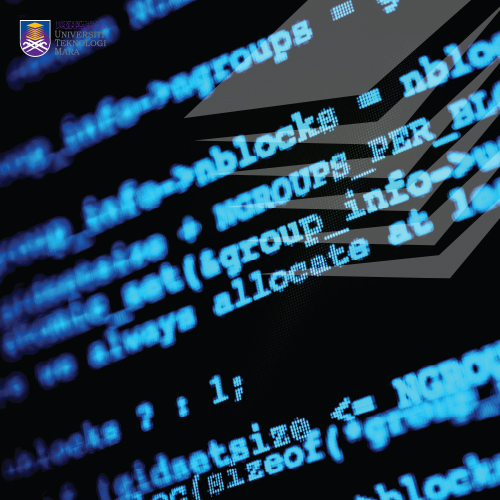About this Course
Course Description
This course introduces the principles of digital signal processing. The students will be exposed to MATLAB mathematical software to generate computer implementations of the techniques for signals and systems analysis and design.
Course Learning Outcomes
1 ) Execute techniques in digital signal processing to solve the difference equations of digital signal system.
2 ) Determine appropriate digital filters that meet the desired requirements in solving digital signal system.
3 ) Demonstrate the usage of modern engineering software in designing digital filters in solving digital signal system.
Course Details



STATUS : Open DURATION : FLEXIBLE EFFORT : 3 hours per week MODE : 100% Online COURSE LEVEL : Intermediate LANGUAGE : English CLUSTER : Science & Technology ( ST )





